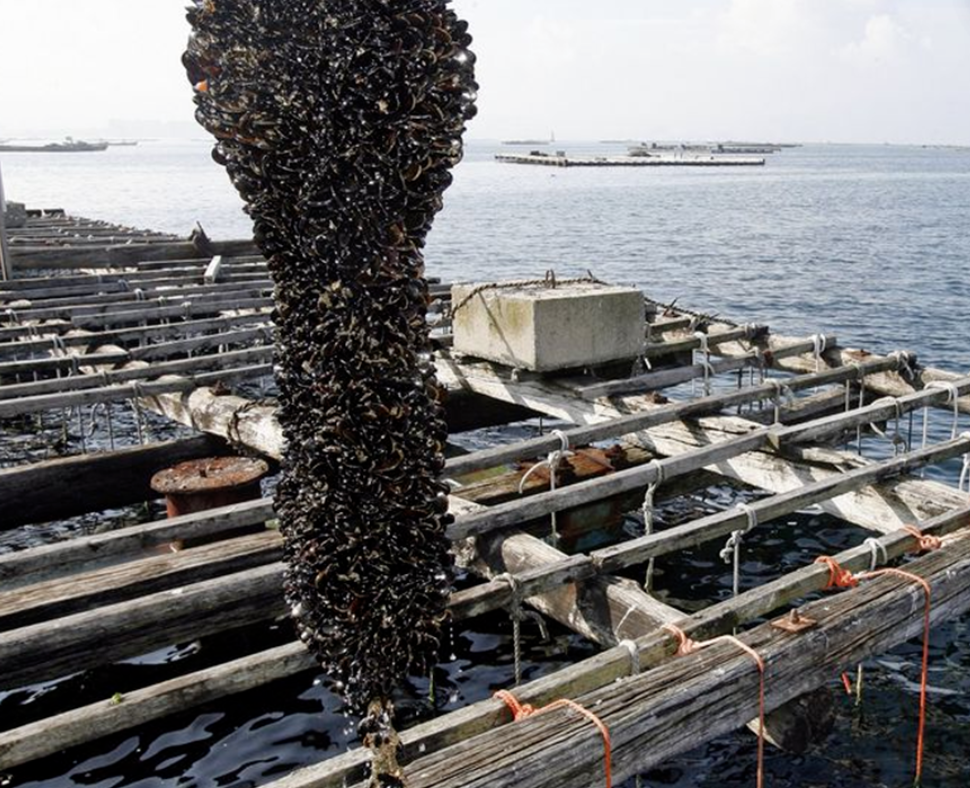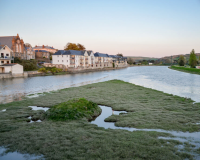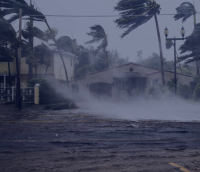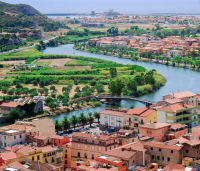
Galicia region, Spain
Galicia’s regional population includes some 2.7 million people. The region has developed a Galician Climate Change Strategy 2050, and an Integrated Regional Plan for Energy and Climate for the period 2019-2023 which is meant to guide the implementation of the strategy.
Actions and expected results
Mussel aquaculture (approx. 40% of EU production). The sector directly employs nearly 4.000 persons in the region. The main climate-related threats to this culture are negative impacts from a potential intensification of extreme weather events on the mussel raft structures, unpredictable availability of mussel seeds and an expected intensification of harmful algal blooms.
Clam culture farms in coastal land concessions and shellfish harvesting on foot on beaches and intertidal sandbanks, directly employ 4.300 people (about 90% self-employed women). Changes in coastal oceanographic and hydrological variables will change the sedimentary characterisation of shellfish banks, modifying shellfish productivity, flesh yield, and mortality. In extreme cases, it could cause the loss of these habitats.
TransformAr will test digital and technological solutions for an intelligent mussel production management, based on the real time monitoring of the mussel-rafts. A decision-making assessment tool, the Resilience Index, will make it possible to identify strategic priorities and focus efforts when adapting the mussel culture to climate change. Intertidal monitoring will improve the knowledge on sandbanks response under influence of climate change, and therefore provide the basis to adapt production. Stimulation of awareness and behavioural change will be further ensured by involving the relevant actors from the sector, the research community and the public administration in the co-creation of tools for both cultures. As a further step towards TA in Galicia, an insurance scheme will be studied.



